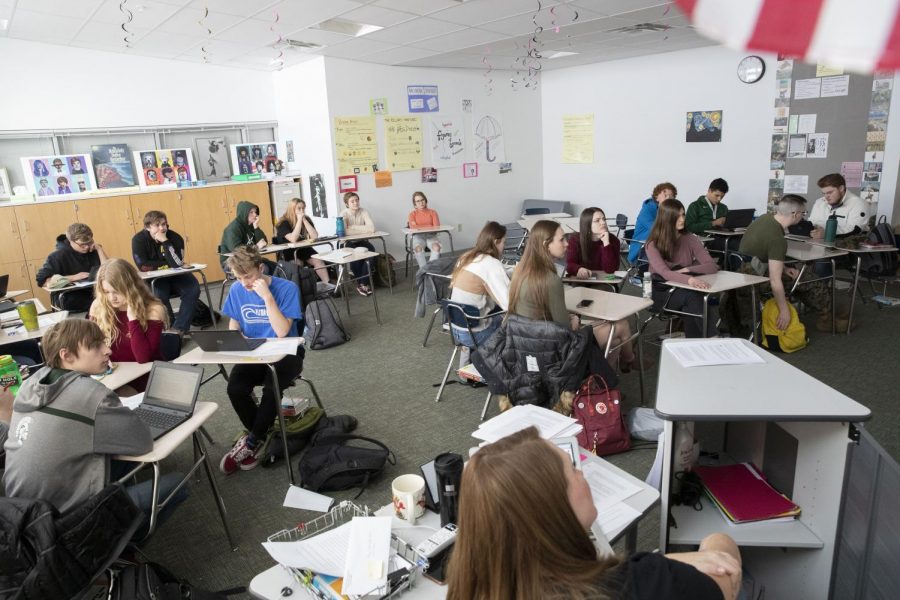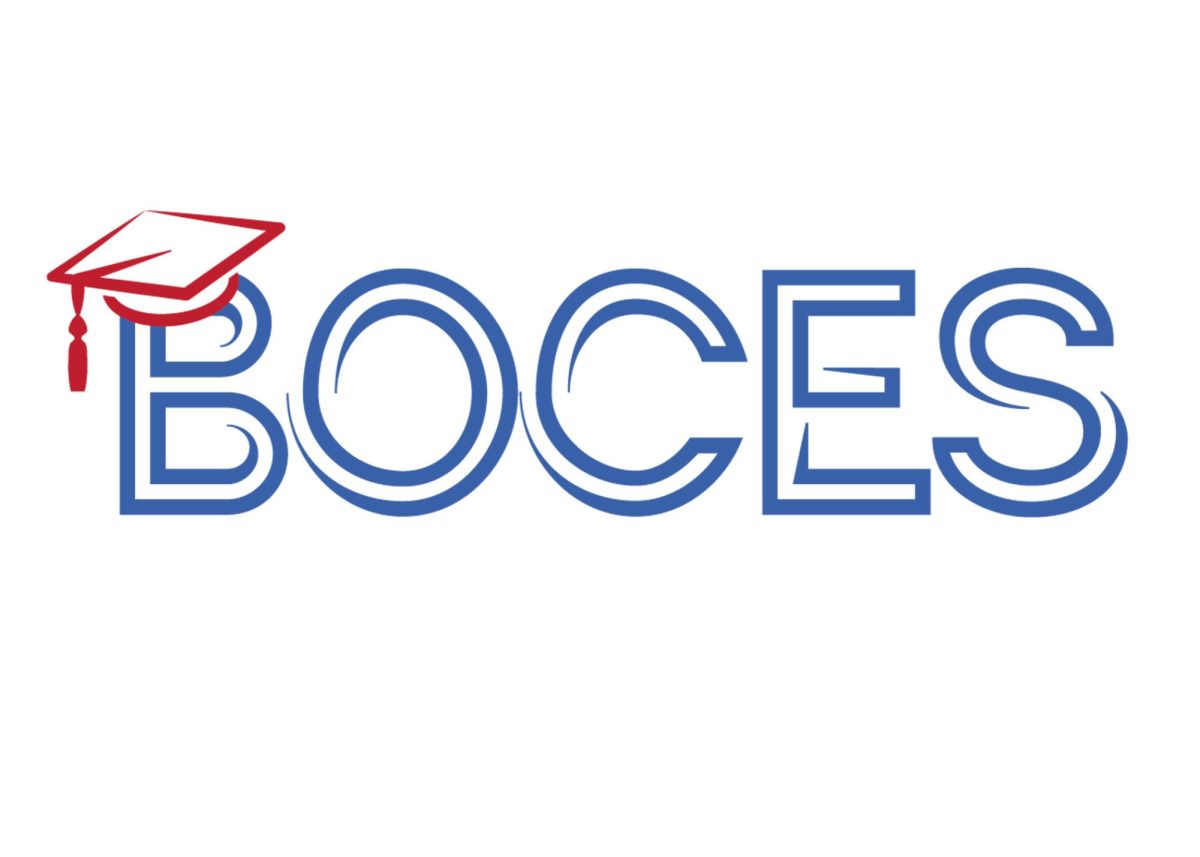At Kelly Walsh High School, students in grades 9 and 10 currently do not have the option to participate in open blocks, whereas students in grades 11 and 12 do. However, there is an ongoing debate about whether all grade levels should have the opportunity to include open blocks in their schedules.
Sophomore Miles Romer says, “I think all grade levels should be able to have an open block. I wanted one this year because of the online class I’m taking.” Romer brought up this idea of all grade levels having an open block because of the opportunity of having online classes here at Kelly Walsh.
Senior Aidan Gracia agrees. “I think all grade levels should have open blocks because it allows young adults to get more experienced in the workforce and train them for jobs when they graduate high school,” he said. Gracia has had a job since he was 14 years old and stated, “If I were able to take open blocks during my freshman and sophomore year, I feel it would have been way more beneficial for me.”
Gracia’s work experience earned him a significant portion of elective credits, enabling him to graduate early.
Work experience credits, which students can earn by working in the real world, are used by many to fulfill elective requirements. With the possibility of graduating early, the question is, should students who are ahead in credits be allowed to take open blocks?
Not everyone thinks so. Senior Luke Pearson disagrees because “Freshman and Sophomores need to get all of their core classes out of their way first, then they can branch out by taking open blocks,” pointing out that students may not compete their core classes early on if they have the open block option.
Even if students use work credit and are ahead, maybe it would just be a better idea for them to double up on classes such as math, science, and history. This way, students can get as much education as possible while it is still free.
The debate remains over whether Kelly Walsh should extend open blocks to first- and second-year students. Both sides present convincing arguments, ranging from online class opportunities to workforce preparation and the balance between core classes and elective credits.













